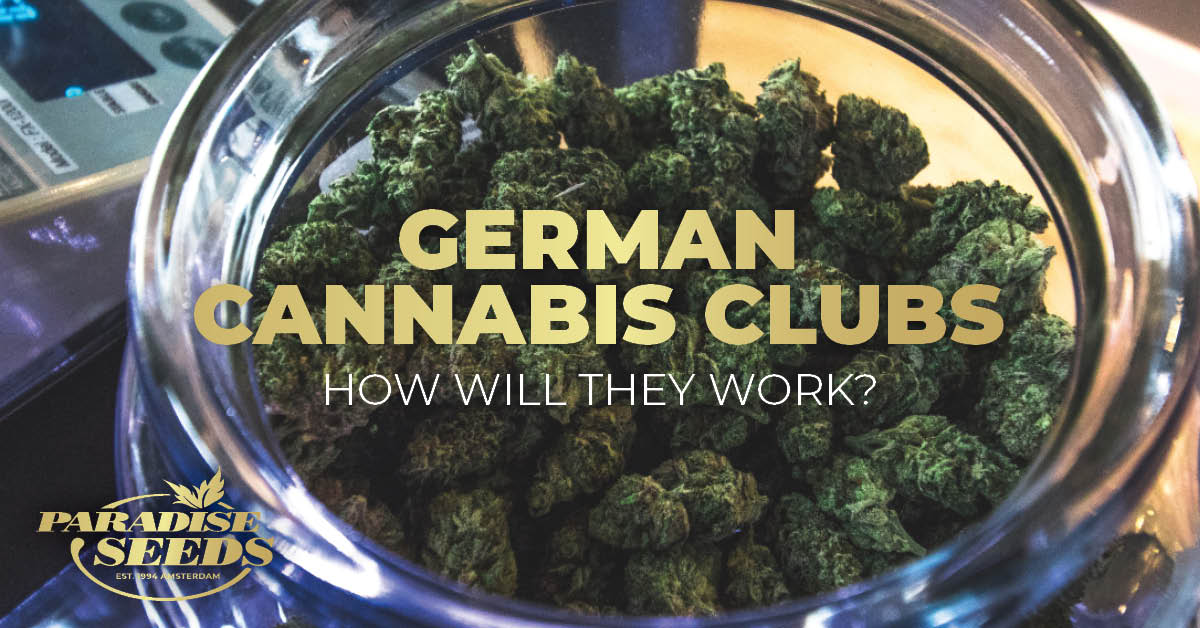The anticipation for German cannabis legalization has brought significant developments, shedding light on the emerging German cannabis clubs system.
As the country progresses towards legalization, the focus has shifted from cannabis shops to cultivation associations or cannabis clubs.
In this article, we will delve into the details of the German cannabis club system, exploring its regulations, rights and obligations for members and non-members, as well as potential challenges that may arise during its implementation.
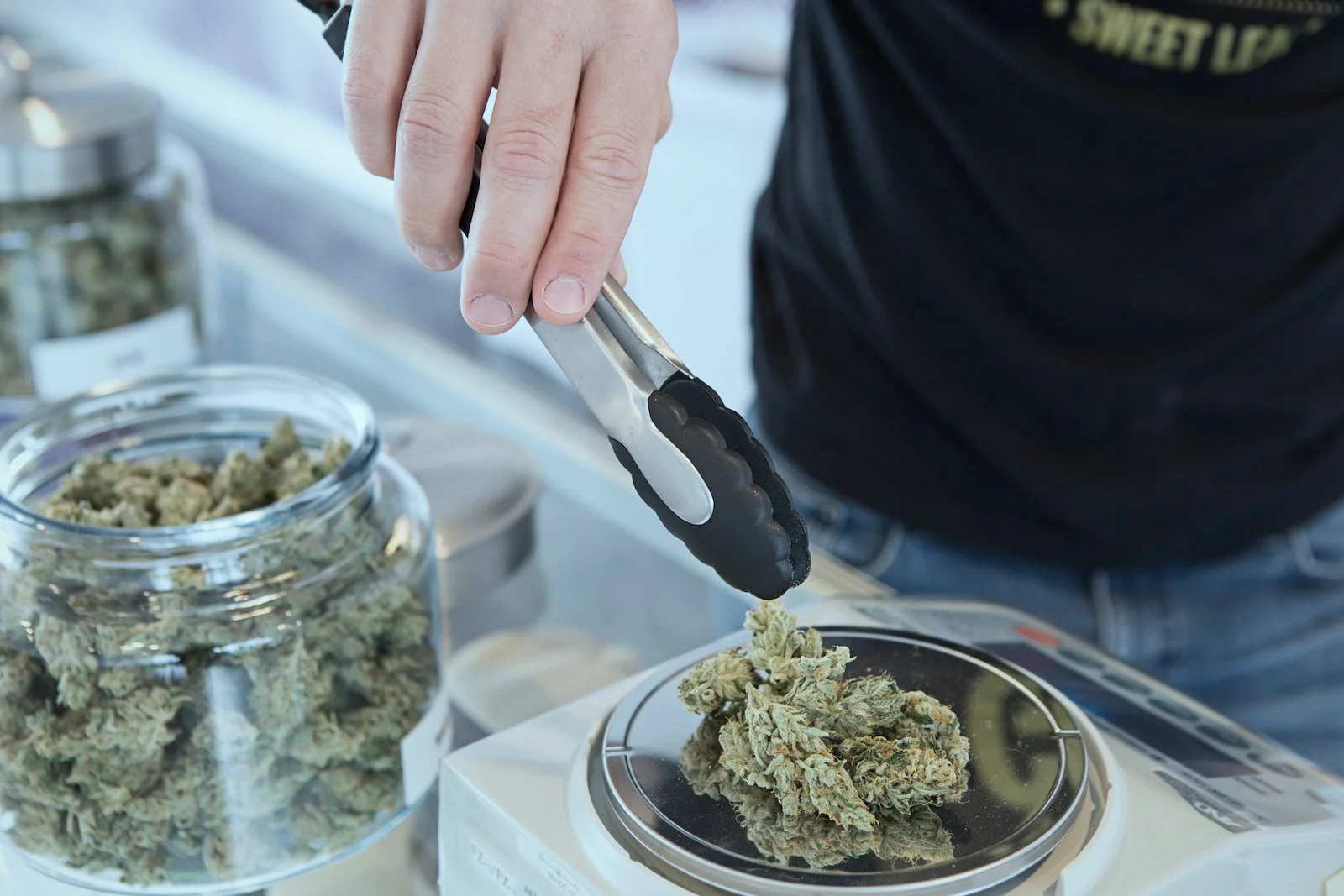
The Evolution of German Cannabis Legalization
In October 2022, Germany presented a blueprint for cannabis legalization. The European Commission reviewed the draft framework to ensure it complies with EU and global drug laws.
Following this process, the German government introduced revisions to the initial regulations, leading to a pivot towards home cultivation and cannabis clubs.
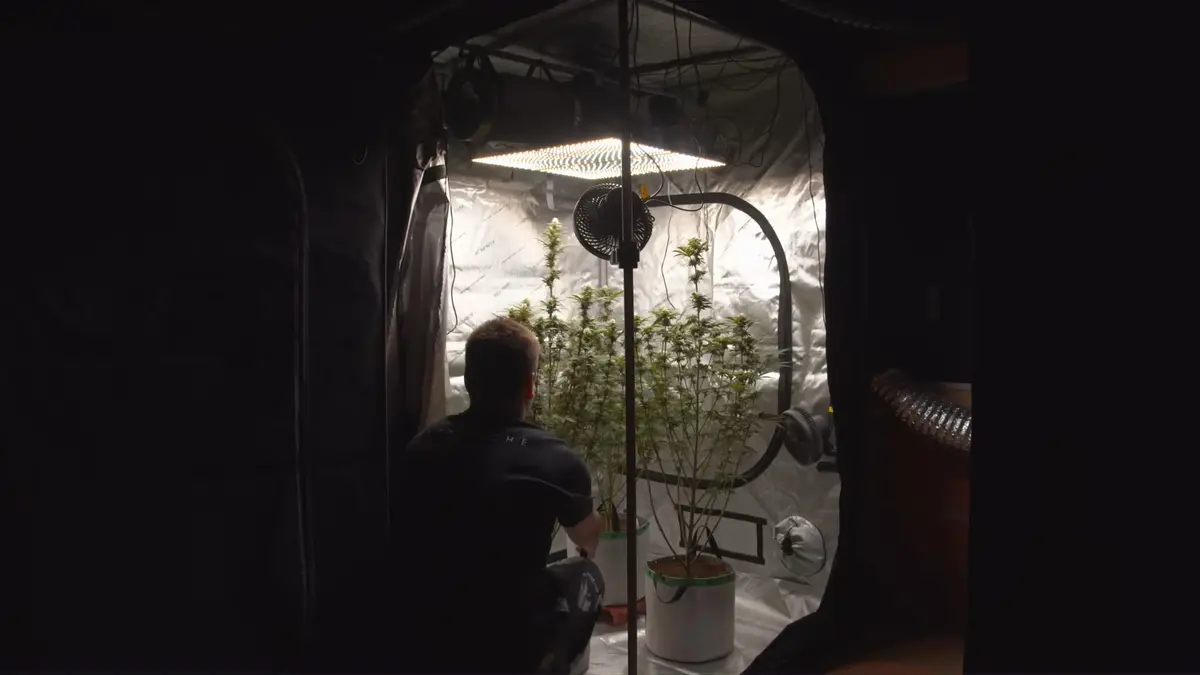
The most recent draft bill, released on 6th July 2023, provides a comprehensive explanation of how German cannabis clubs will operate and a simple Q&A section for easy understanding.
German Cannabis Clubs or Cultivation Associations: A Distinctive Approach
Unlike Spain’s Cannabis Social Clubs, Germany’s draft law refers to “cultivation associations,” suggesting some key operating differences. While Spanish clubs allow cannabis consumption alongside cultivation, German cannabis clubs will strictly prohibit consumption on-site. However, the term “cannabis club” is colloquially used, as it is already familiar to many. Let’s explore the rights and obligations of both members and non-members within this new framework.
Rights and Obligations for Club Members
To become a member of a German cannabis club, individuals must be adults with residence or habitual abode in Germany, and they can only join one club.
Rights for MembersMembers are entitled to the following rights and obligations:
- Access to Cannabis: Members can receive a maximum of 25 grams of cannabis per day or 50 grams per month for personal use.
- Age-Restricted Access: Adolescents between 18-21 can receive a maximum of 30 grams per month with a limited THC content of 10%.
- Membership Fees: Members are required to pay a membership fee determined by the association.
- Active Participation: Members must actively participate in the cultivation process.
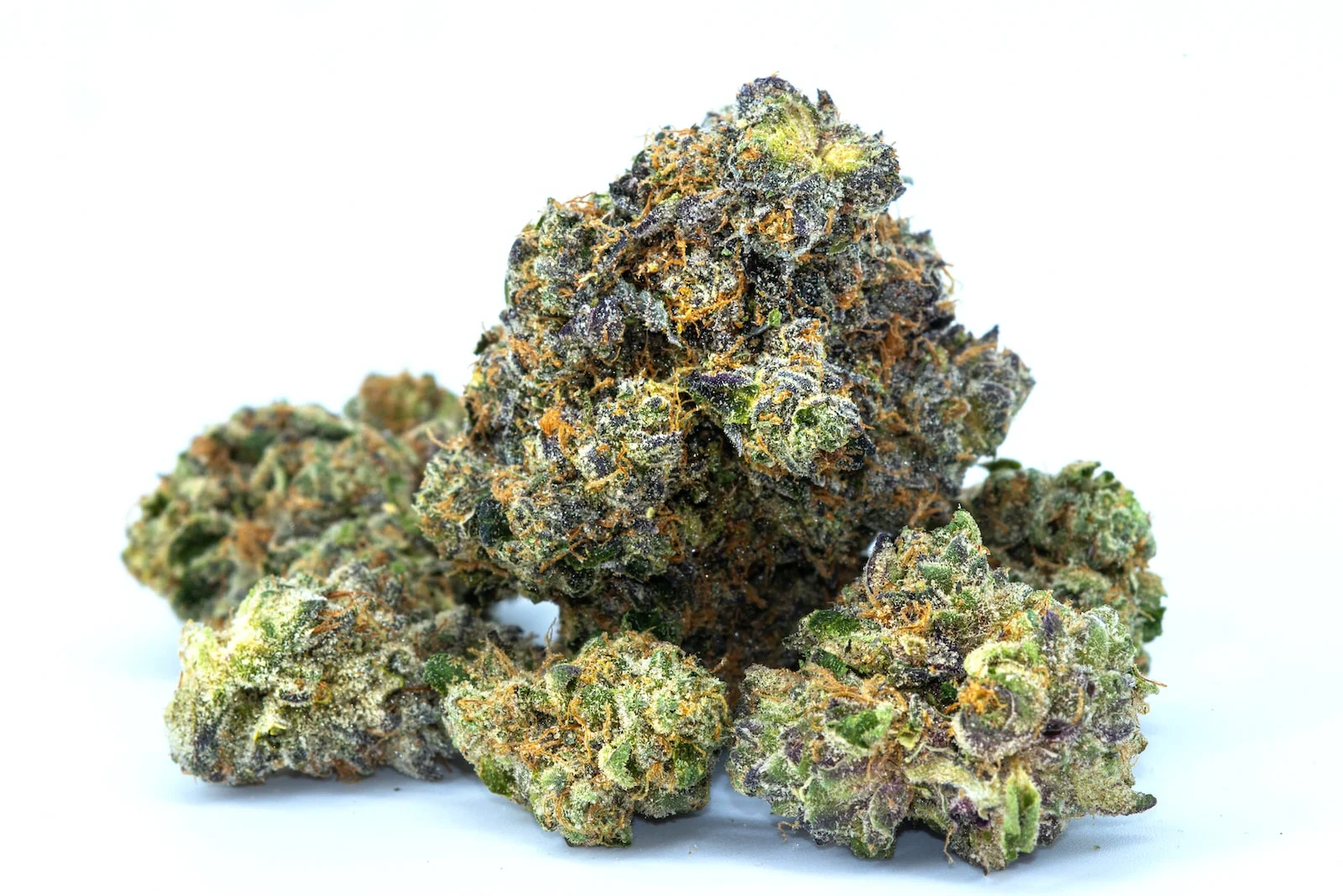
Rights for Non-Members
Non-members also have certain rights concerning cannabis use and home growing:
- Possession and Carrying: Non-members can possess or carry up to 25 grams of cannabis for personal use.
- Home Cultivation: Non-members are allowed to grow up to 3 cannabis plants at home for personal consumption.
- Seed Acquisition: Non-members can purchase cannabis seeds from EU member states.
- Seeds and Cuttings: Non-members can receive up to seven cannabis seeds or five cuttings per month from cultivation associations.
Operating Rules for Cultivation Associations
German cannabis clubs must adhere to specific operating rules, including:
- Membership Limit: Clubs can have up to 500 members.
- Location Restrictions: Clubs must maintain a minimum distance of 200 meters from schools, children and youth facilities, and playgrounds.
- Advertising and Sponsorship Ban: A general ban on advertising and sponsorship for cannabis and cultivation associations must be implemented.
- No On-Site Consumption: The consumption of cannabis will be strictly prohibited inside the clubs and within 200 meters of their premises.
- Limited Cultivation: Associations may only cultivate the amount of cannabis required to meet members’ needs. Any excess production must be destroyed.
- Packaging and Labelling: Cannabis must be distributed to members in neutral packaging, accompanied by a leaflet containing weight in grams, harvest date, best before date, variety, average THC and CBD content, and average percentage of CBD.
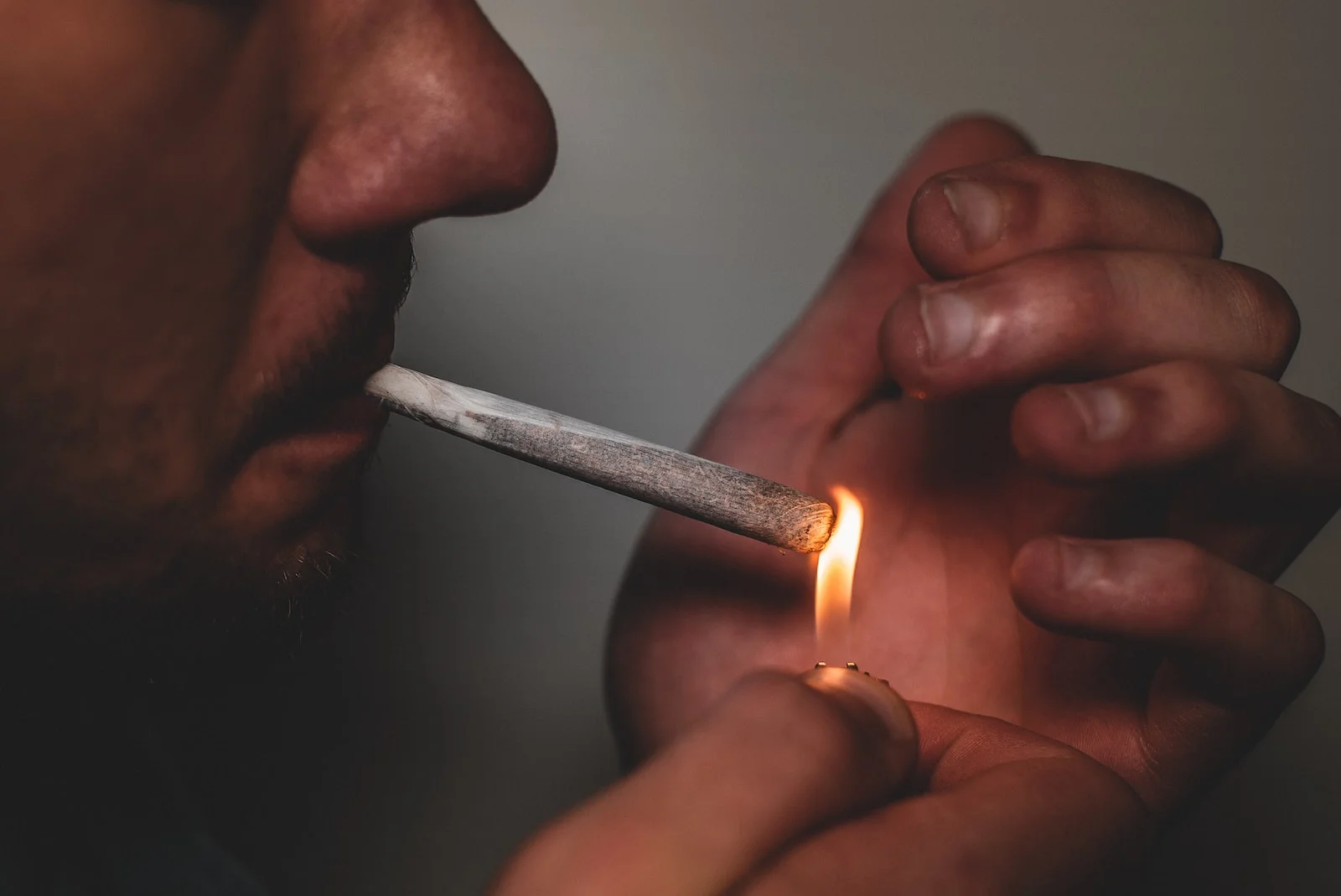
German Cannabis Clubs: Impact and Concerns
The German cannabis club system aims to promote the legal purchase of cannabis among consumers and ensure the protection of minors. However, some concerns have arisen, particularly regarding the strict regulations, which may pose challenges for clubs to open in larger cities, primarily due to location restrictions.As the system rolls out, potential revisions to the law may be necessary to address these concerns effectively.
Conclusion
German cannabis clubs are set to become a reality with the impending legalization. Offering a distinctive approach with cultivation associations, the system promotes responsible cannabis consumption while respecting individual rights. As the law takes effect, its impact on the cannabis industry and society at large will be closely monitored, with the possibility of adjustments to address any arising challenges.
Tamas Kardos


